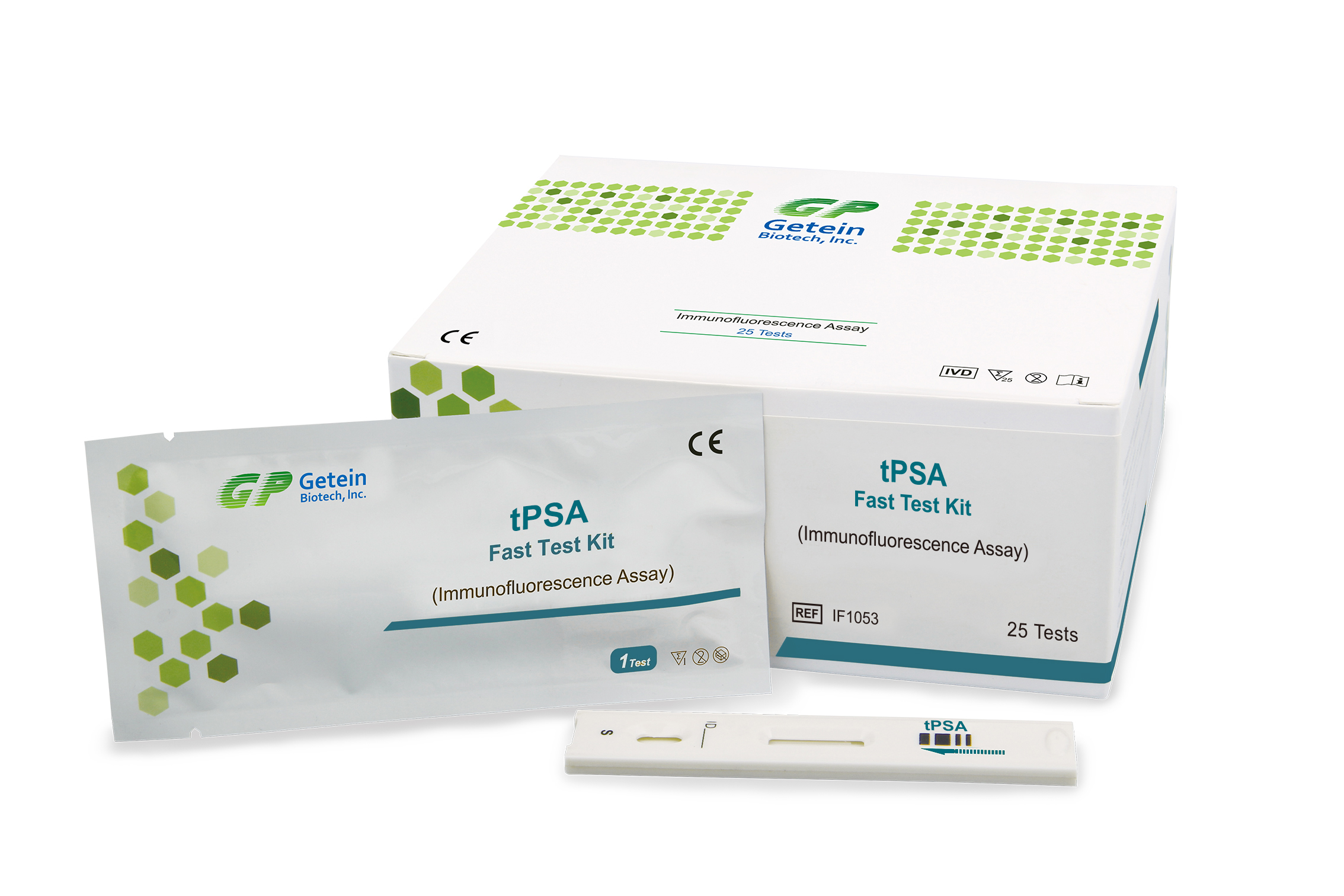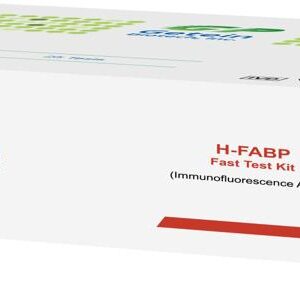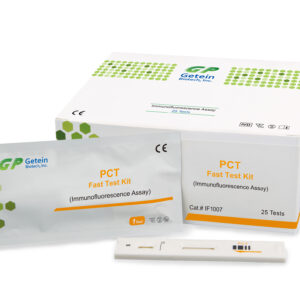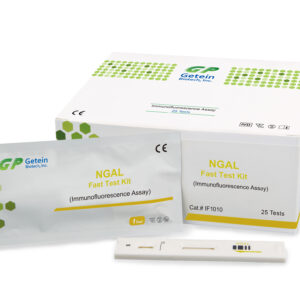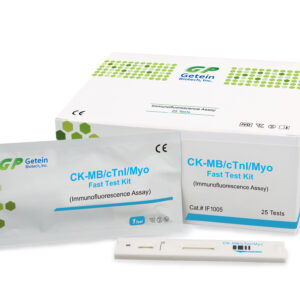Description
Prostate-specific antigen (PSA) is a single-chain glycoprotein with molecular weight of 34 kilodaltons. As a serine prostate with chymotrypsin-like activity, PSA belongs to the kallikrein family. PSA exists as a free or complex form with protease inhibitors such as a-1-antichymotrypsin (ACT) in blood. Total
PA represents the sum of both free and complex forms.
Elevated PS in serum or plasma is found in patients with prostate cancer, benign prostatic hypertrophy, or inflammatory tissues. PSA is uniquely associated with prostate tissues from normal, inflamed or cancerous stages.
PSA has been found in normal, benign hyperplastic, malignant prostatic tissue, metastatic prostatic carcinoma and also in prostatic fluid as well as in seminal fluid. PSA is not found in any other tissues in men, and it is not produced by cancers originating in the lung, colon, rectum, stomach, pancreas or thyroid. PS measurement is an essential tool in assessing the status of disease in patients with prostate cancer when serial samples are measured over time. The clinical value realized by monitoring tPSA concentration in patients with prostate cancer regardless of the treatment regimen is well known.

